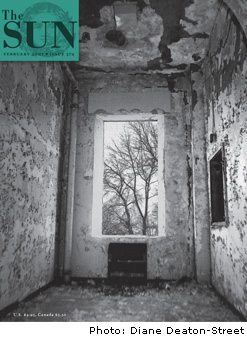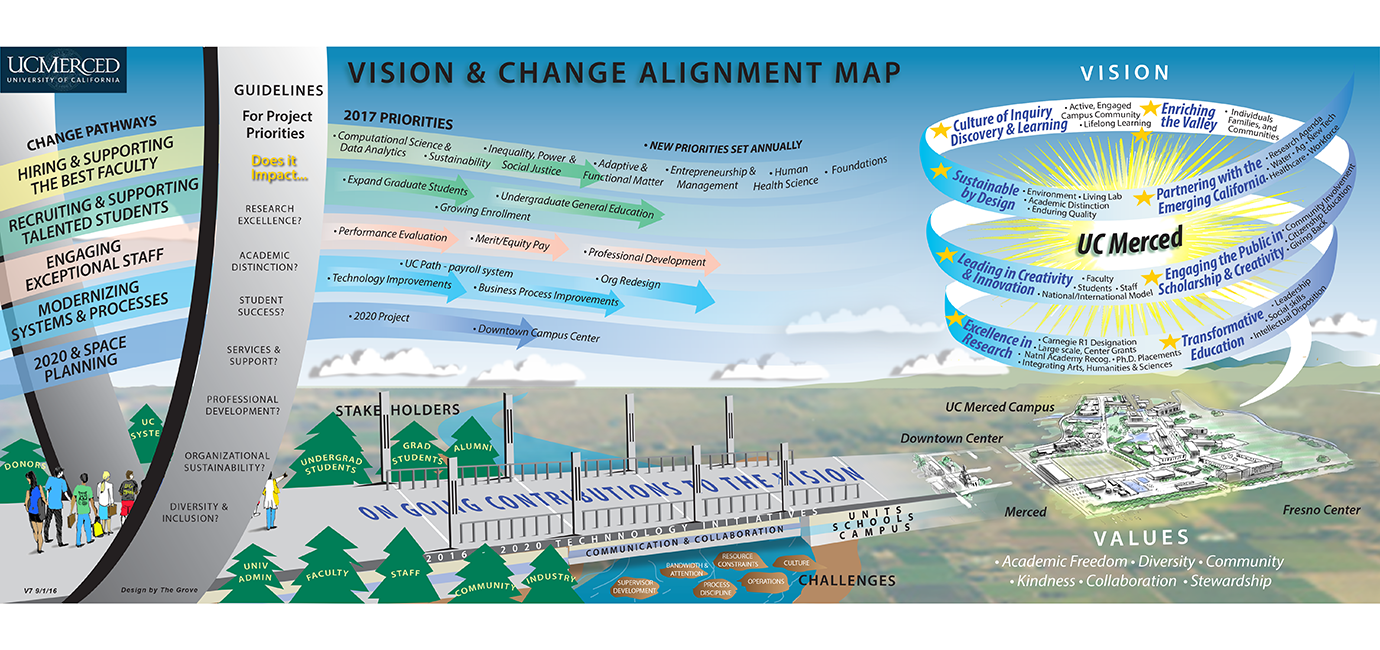Nature Deficit Disorder?
 I recently read Richard Louv, author of The Last Child in the Woods: Saving Our Children from Nature Deficit Disorder. This appeared in an interview in The Sun, Sy Safransky’s remarkable magazine that publishes original writing and essays about our most important issues as reflected in people’s daily lives.
I recently read Richard Louv, author of The Last Child in the Woods: Saving Our Children from Nature Deficit Disorder. This appeared in an interview in The Sun, Sy Safransky’s remarkable magazine that publishes original writing and essays about our most important issues as reflected in people’s daily lives.
As a journalist, Louv is writing to raise our collective awareness about the alarming decline in American young people’s direct experiences with anything wild or natural. The Sun interviewer asked Louv, “Have you talked much to children themselves?”
Louv replied, “A few months ago I was asked to give a talk at a nearby high school. I expected twenty kids to show up, but there were more than two hundred… I talked for an hour, and they listened intently. And it wasn’t because I’m a great speaker: I’m not. It was about something else.
Louv continued, “I talked to these high-school students about the connection between their health and their direct experience of nature, and about how in the next forty years all our lives must change because of global warming and other environmental challenges. We’ll need new kinds of agriculture, new kinds of urban design, new kinds of architecture, new sources of energy. Whole new professions will emerge, for which we don’t even have names yet. When you frame the issues that way, young people can get excited about it.
“After the students left, I asked the biology teacher who’d invited me to speak why he thought they’d been so attentive. He said it was simple. I’d said something hopeful about the future of the environment. They never hear that. The major message that comes through to kids is that it’s too late for the environment. Why suit up for the game, it’s almost over? We need to change the message.”
This interview touched me deeply. I grew up in nature, in the Eastern Sierra, beyond the reach of television until I was in high school. And I get discouraged by the din of discouraging news about the environment. But Louv gives me hope too — not just because he persuasively argues for the great lessons we can learn in the wild, and because he is directly tackling the beast of aversion and withdrawal from nature, but for giving me hope that there will be an ear for indigenous elder wisdom from the young.
My growing intention as I approach Africa, is to open up to this journey, the Hadza, and our small tribe of trekkers for the inspiration that we will inevitably receive from becoming one once again with the land and its creatures. And in this confrontation, of our privileged lives and matrixed intellects with the living wisdom of Africa, we will break through to some of that new, hopeful thinking about what is possible in our remaining time on Earth.


No Comments